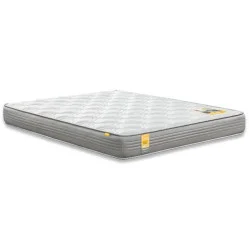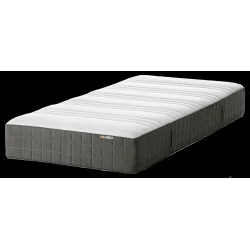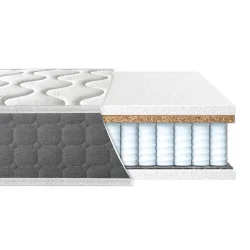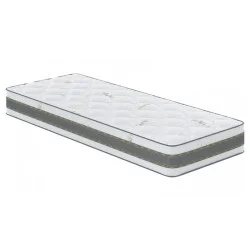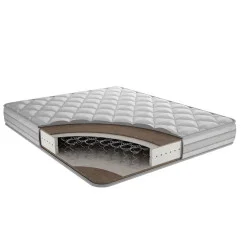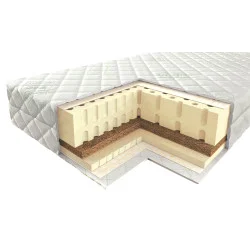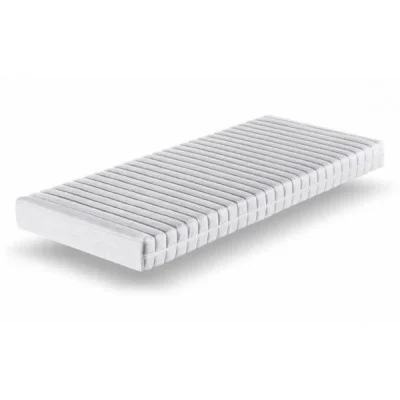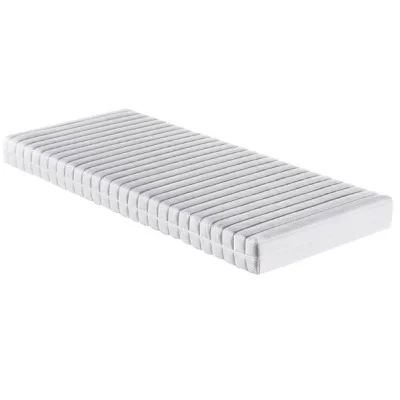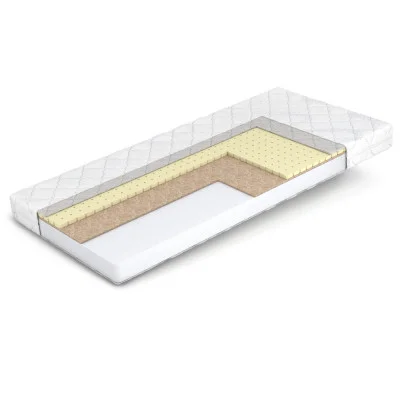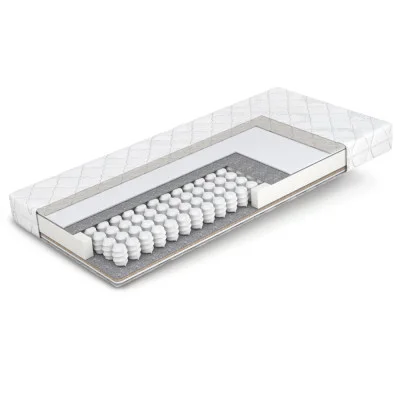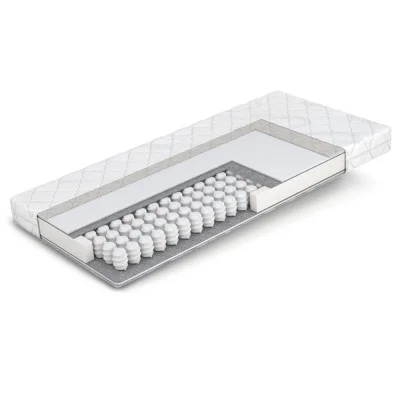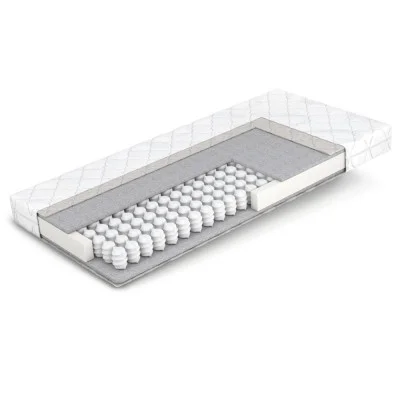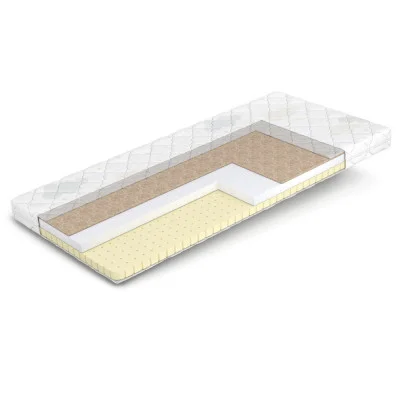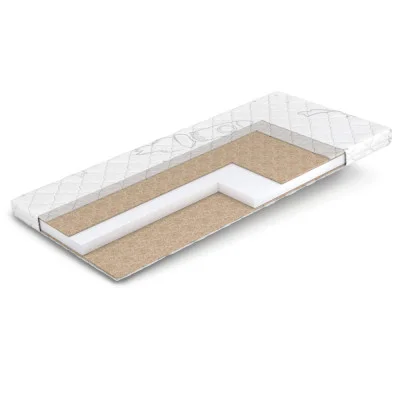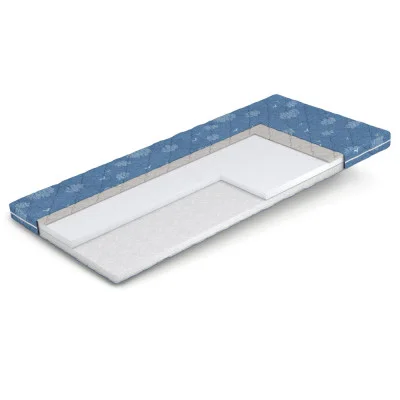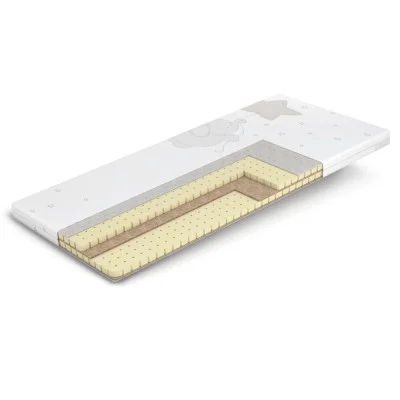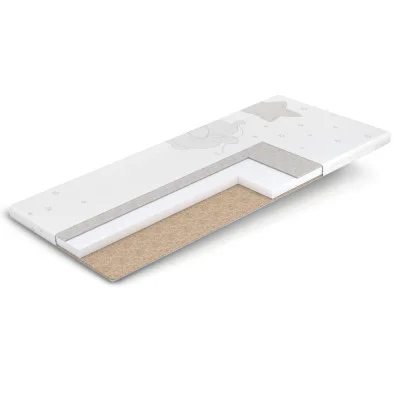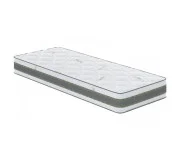
There are several factors to consider when purchasing a mattress. This is one of the most important purchases for your health. After all, you spend a third of your life on a mattress. Firmness level is one of the most important characteristics that should be considered before purchasing a single mattress. The firmness of your mattress plays an important role in your sleep and your health and well-being. The right level of firmness promotes spinal alignment without creating uncomfortable pressure points. A mattress that is too soft or too hard can lead to tension, back pain and other problems.
-
What does the firmness of a single mattress mean?
Firmness is a measurement that indicates how soft or hard a mattress feels. However, mattress firmness levels are not standardized and may vary from manufacturer to manufacturer. Therefore, the mattress firmness rating is only a rough guide.
Whether a mattress feels hard or soft depends on factors such as the material and design. There are many different ways to make mattresses. Commonly used materials include spring cores, cold foam, viscous foam, gel foam, or latex. Thicker mattresses made from comfortable materials give the mattress a softer feel. Systems of thinner layers and less deformable materials give the mattress a firmer surface.
Besides the firmness of mattresses, of course, there are other factors such as durability and temperature control that affect sleep comfort.
-
What degree of hardness does a single mattress have?
Mattresses of different firmness levels are usually designated by the letter H. H1 means very soft, H2 is soft, H3 is medium, H4 is firm and H5 is very firm. In some cases, the letter H for hardness is replaced with the letter F for hardness. The most common mattress firmness levels are H2 and H3.
-
What difference does it make in the firmness of a mattress?
As already mentioned, hardness characteristics are not standardized. Some manufacturers only differentiate between two different hardness levels, while others choose models with five different hardness levels. The firmness specifications of two different manufacturers do not necessarily mean the firmness of the mattress is the same. It may turn out that mattress H1 from manufacturer A is harder than mattress H2 from manufacturer B. Even the hardness of the same manufacturer does not provide a reliable means of comparison. It is possible that an H2 spring mattress is firmer than an H2 latex mattress.
-
Advantages and disadvantages of soft mattresses
The majority of society considers softer mattresses more comfortable. Soft mattresses are characterized primarily by pressure point relief. Side sleepers can ideally sink to relieve pressure on the shoulders and pelvis. This becomes problematic when there is insufficient support for the spine due to lack of strength. A soft mattress is not optimal, especially for heavier people who sleep on their stomach or back. Soft mattresses often wear out faster than firmer ones. This occurs especially if the mattress is too soft for the person's body weight. This can cause sagging or constant cooling.
-
Conclusion
Choosing the right mattress firmness is important for a restful sleep and a pleasant feeling while lying down. The optimal level of firmness supports your spine while relieving pressure points so you don't experience pain or discomfort when you wake up in the morning. Because mattress firmness is not standardized, you should use firmness levels as a rough guide only. The main thing is to choose a mattress according to your needs!





